
Our expert physiotherapists offer services tailored to your needs—whether you're recovering from an injury, managing chronic pain, or improving your overall health.
Our therapist can visit you at home or in a care home at a convenient time, including daytime or evening. We offer short-notice appointments and regular sessions as needed—always delivering top-tier, personalised care.
We assist patients with dementia by improving balance and mobility while reducing fall risks. Confidence-building exercises promote a safer and more fulfilling life.
We help you reach your goals and teach practical strategies to make everyday tasks easier and more independent.
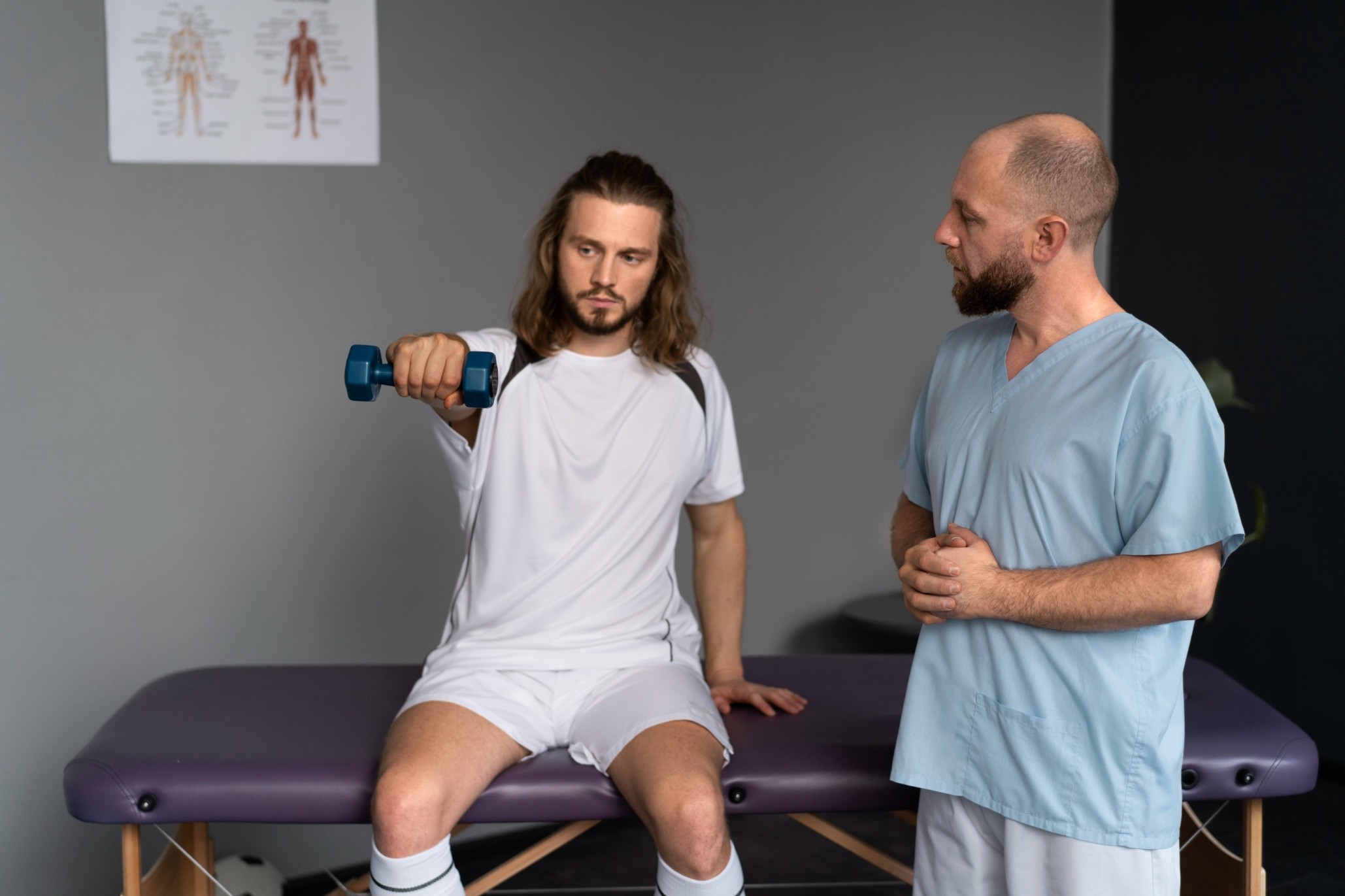
This focuses on assessing, treating, and managing conditions affecting muscles, bones, joints, ligaments, and tendons. It helps restore function, reduce pain, and improve mobility. Ideal for injuries, post-surgical rehab, and chronic issues.

This type of physiotherapy addresses physical problems caused by neurological conditions. It involves assessment and rehabilitation to improve movement and function. Common for stroke, Parkinson’s, or multiple sclerosis recovery.
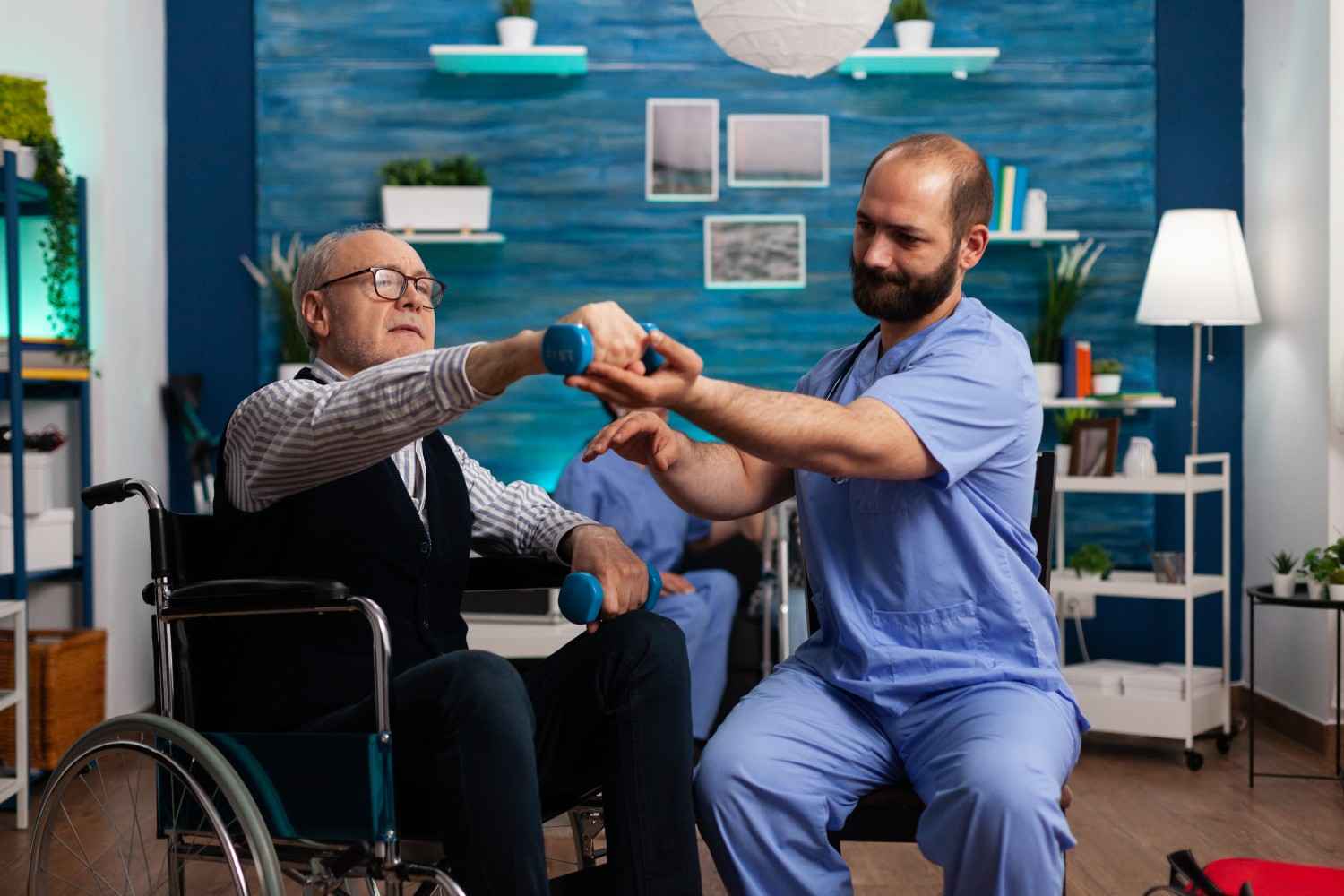
Physiotherapy plays a vital role in maintaining mobility, independence, and overall well-being in the elderly.
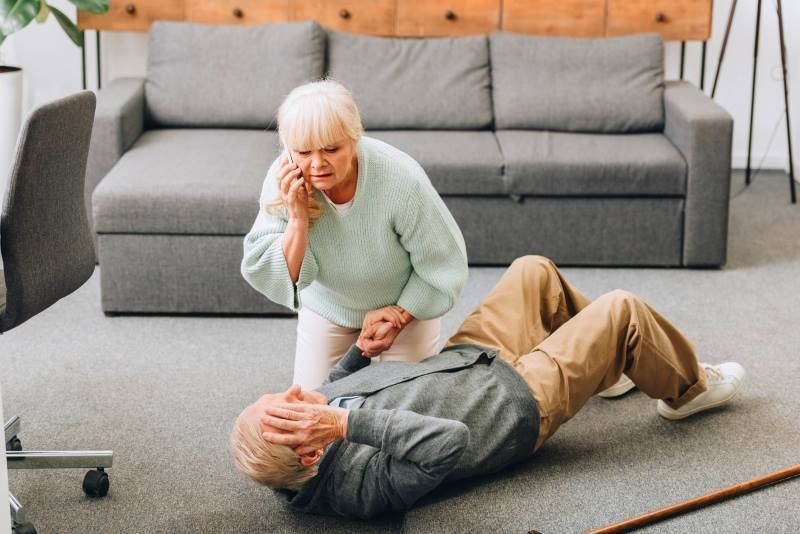
Balance refers to an individuals ability to maintain their line of gravity within their Base of support (BOS).
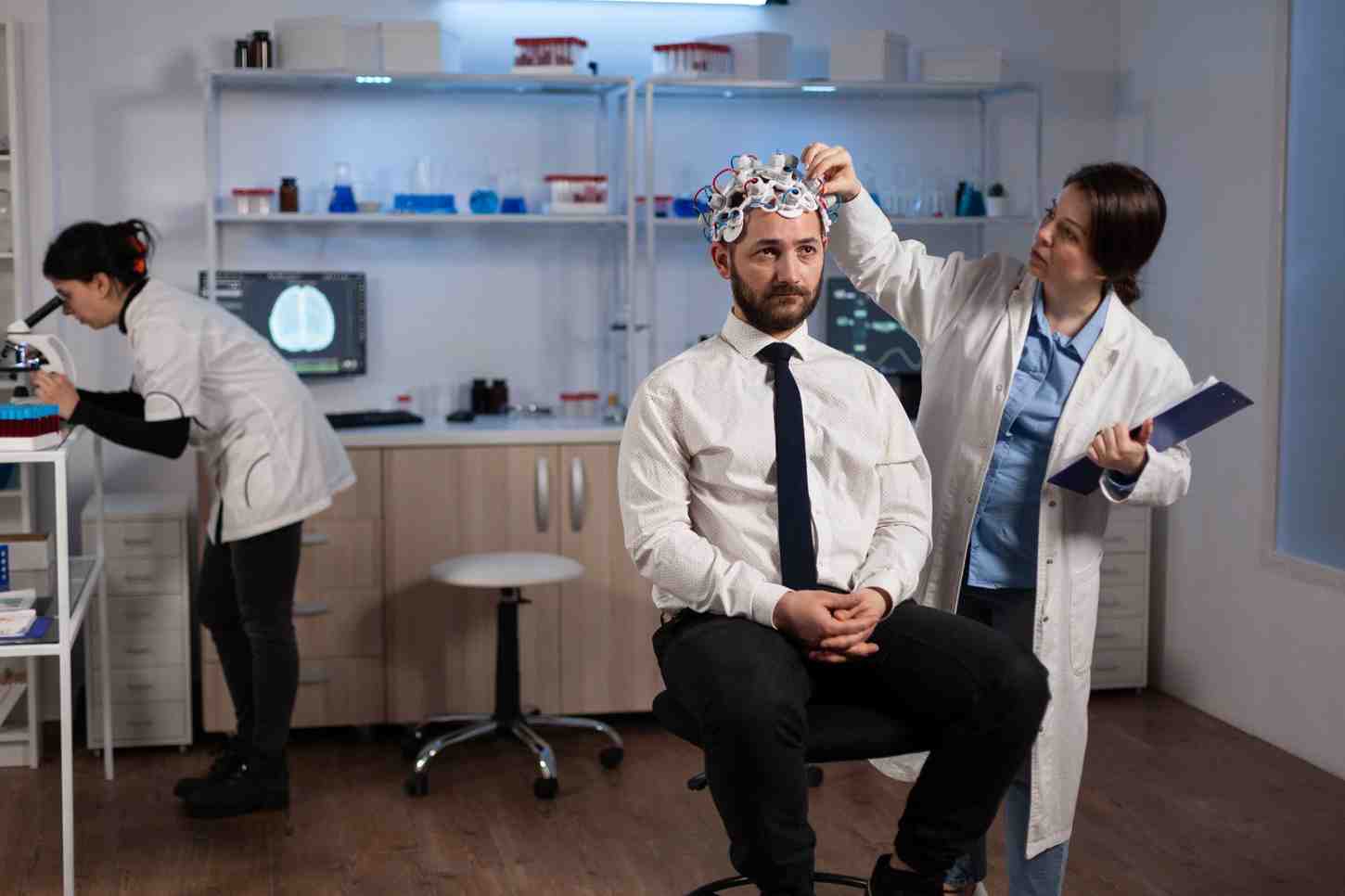
It considered a form of acquired brain injury, and refers to brain damage caused by an impact to the head.

Parkinson’s disease is a brain disorder that causes unintended or uncontrollable movements, such as shaking, stiffness, and difficulty.
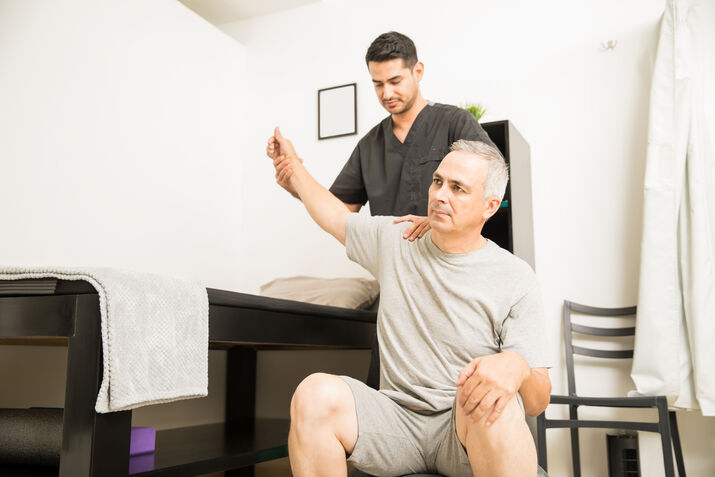
An admission note is part of a medical record that documents the patient’s status, reasons why the patient is being admitted for inpatient care to a hospital or other facility, and the initial instructions for that patient’s care.

A spinal cord injury is damage to the spinal cord, which carry signals to and from the brain. A person with damage to the spinal cord may suffer from loss of sensation and motor function depending on the level and severity of injury.
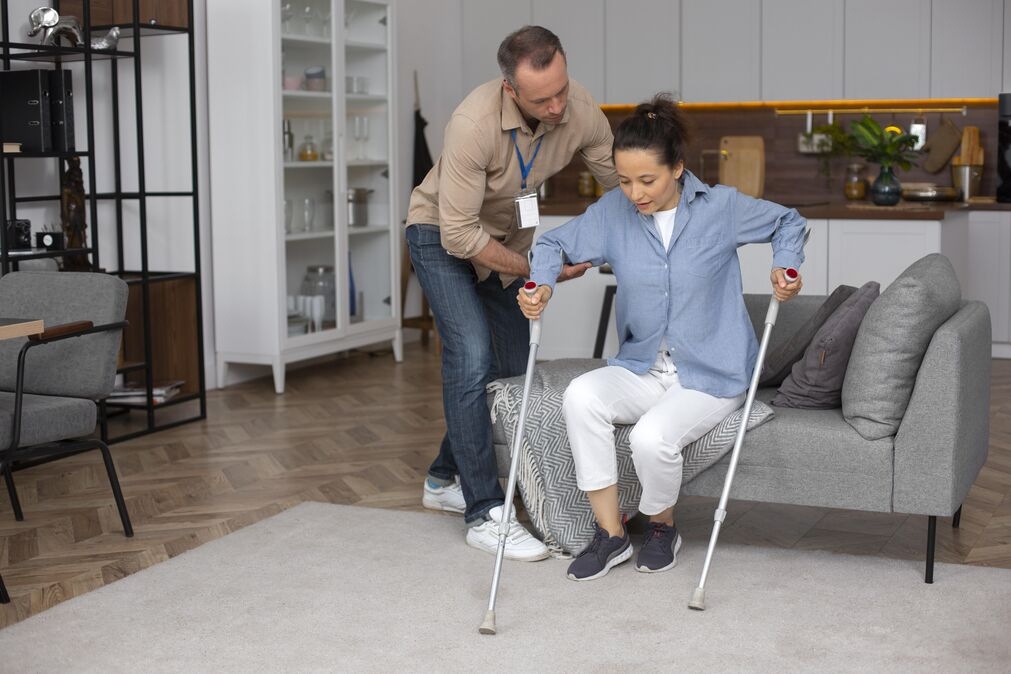
Prescription of walking aids should ideally be done by a physiotherapist or occupational therapist after a thorough assessment of gait and balance.
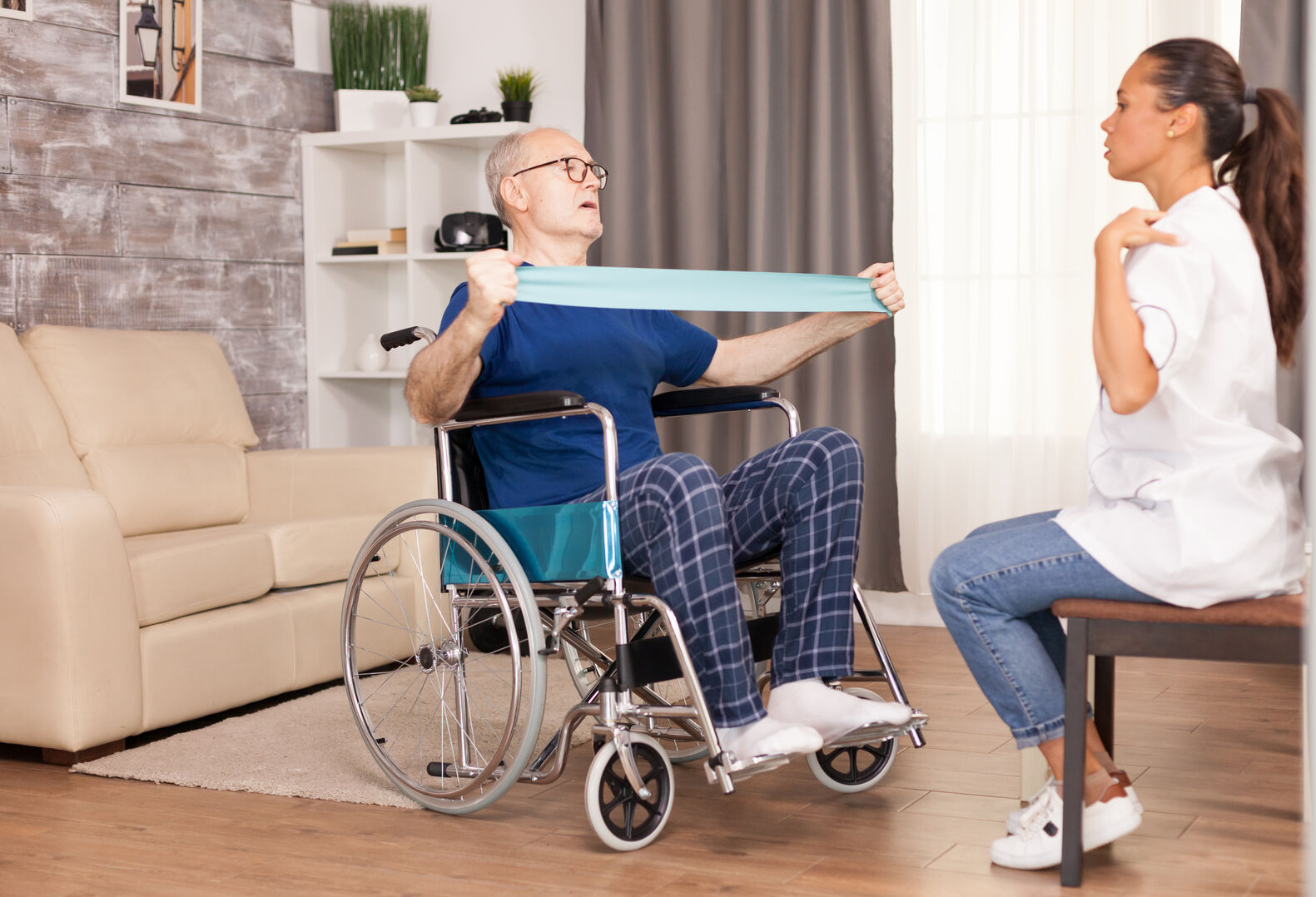
Multiple sclerosis (MS) is a potentially disabling disease of the brain and spinal cord (central nervous system).

A chronic, progressive decline in cognitive function, often caused by Alzheimer’s disease, vascular issues, or other neurodegenerative conditions.